There are few things I want to do less than give this tribute to my father. The unflinching approach to reality he imparted had left me noticing his aging, and I was preparing to adapt, over time…. But my father never gave someone a challenge he thought them incapable of meeting.
All the wonderful things being shared about my father obviously come as no surprise to me, and I had so hoped to spend the next few years, hearing those things with him, but knowing how uncomfortable it would have made him to hear so much praise, as his own ability to act diminished, I have to appreciate that, as hard as this is on the rest of us, it was an ending with which he would have been satisfied.
I had hoped to spend the next years supporting him, as he always has supported me- my father has been at anything I asked him to be at, and volunteered for things I didn’t intend to subject him to… And The outpouring of remembrances from my friends, has reminded me, of how important it was to him, to know the people important to me. I was touched by the photos my parents saved, not only of me, but of Niki, Jeremy, Erica, Jason, Abe, and so many others. Many of my students and colleagues had stories, as they’ve driven out to Cal Poly Pomona for multiple events, marched with my students for a sustainable future, and for the rights of immigrants, and were happy to attend CPP sponsored Dodger games. Despite his years of public speaking at high-stakes events, family members have reminded me of how the event for which he showed some concern for his performance, was when called upon to officiate my wedding. He saw that a high stakes event. I think Navid would have stayed even with a minor error…. And the depth of his loss, is a testament to my father’s ability to welcome people into his family- completely. When you’re in, you’re in… That’s the for better or worse. And with my father, it was almost all better.
My father didn’t know how to be unproductive, and he will have posthumous work published (not a hint to his co-authors, or a comment on the reviewers- #2 I’m looking at you…), but the idea of slowing down, of doing less, of relaxing, was not at all appealing to him. Nor had it ever been.
Even now as he prepared to “retire” for the fourth time(?), he was finally finding the time to research our family history, finding a master’s thesis on one relative, connecting with ethnomusicologists while researching a family melody… he was organizing photos and records, and of course, gardening.
I’m not sure I ever remember my father reading a novel, though the books he gave me to read, were always meaningful. A Tree Grows in Brooklyn, The Yearling, Black Boy…. Ya know light childhood reading. He never binged anything on Netflix. But he wasn’t quite as out of touch with popular culture as we used to joke. I remember him telling me these films will change how movies are made, when he took me to 2001, and Star Wars.
To vacation with my father was not per se relaxing, but it was always educational. Weren’t there museums to see, history to be learned, culture to be appreciated? I can’t imagine a trip to a beach resort without a sustainability tour. And I have been to an embarrassing number of train museums. From the family albums, apparently my mother married him despite the train museums.
My father had a quintessentially east coast Jewish sense of humor. Political, ironic, dark, but never mean. He had a good chuckle when he learned the Jewish space laser conspiracy centered on high-speed rail, and we certainly have exchanged our share of dark political humor over the years. But he also would go long game on humor, in a way I don’t think most knew…. When my brother was roughly 8- around 1982 (fine I checked the year online), he saw the old chalice comedy skit redone by HBO as a short, and thought it was hysterical, so in typical 8-year-old fashion (and I have an eight-year-old with my brother’s smile), he made a few too many jokes about the chalice, begging my father to re-enact the skit for him. My father, good-naturedly threatened to do that as the toast at my brother’s wedding, if he didn’t stop…. Over the years, once in a while he would bring that up… Fast forward to 2004- Steve and Shirley’s wedding. My father gets up to give a toast, and he opens with the exact same, largely innocuous lines of the skit…. The look on my brother’s face was priceless. Of course, my father proceeded with a lovely toast, And I know only four people there got the joke… but it was epic.
My father did love baseball. Growing up in New York in the 40s and 50s, he and his Uncle Harold’s favorite escape was in the rooting for the underdog Brooklyn Dodgers. And many of you who may have attended games could have mistaken him for teetotal, as he almost never enjoyed a beer at a game. Why? Because once, during a restroom break- he missed a triple play. Fortunately, he stayed in his seat in 1988 for Gibson’s home run, and As a Brooklyn Dodger fan, he saw most of the greats play live, including Jackie Robinson. He also took me to some pretty amazing baseball games, and thanks to his busy travel schedule, I was frequently the lucky recipient of tickets, even when he couldn’t attend. My first Dodger Game went into extra innings, and the Dodgers won on a hit by Steve Garvey. Since we never leave early, we were at the game where the Dodgers hit four home runs in the ninth, though we also suffered through a game where they blew a 13 run lead…. I was at Orel Herscheiser’s first start as a Dodger at Shea with the somewhat traitorous but still beloved Uncle Harold who had defected to Mets fandom…. We’ve seen more than one win by pitchers like Valenzuela, and Kershaw… And I got 18 innings of world series baseball- in one game. No, I did not leave early. And I rode my bike.
Despite his impressive personal achievements, he told me, more than once, that the real influence he had and what he was most proud of, -were the people he had the privilege of working with, educating and developing. He told me, “Not very many people read academic papers, but the influence we have, is in not only the scholars we train, but the many students who don’t become scholars, but go into the world, carrying what we teach them, the messages, values, ideas, and ways of thinking that we impart.” He saw himself fundamentally as an educator, and that approach, allowed him to remain true to himself, his ideals, and his values. Because what he valued most -were people. And being an educator wasn’t a one-way street. He valued what students brought and he integrated it into his thinking and as a result he never stopped growing- challenging his own thinking. That this was the real value of being an educator, the opportunity to expand people’s minds, and in turn, have your own expanded. Recently I had the wonderful privilege of two of my own former students returning to guest lecture for our annual professor for a day campus event. I had them speak about research, about data. And they blew me away. They had this deeply compassionate, humane view of policy, of research, of data. I was shocked at how much of my father’s voice was in their words. When they ended with, and this is what you taught us Dr. Wachs…. It wanted to tell them it wasn’t really me. I was just passing on what I had lived.
One of my friends jokes that when you bring sociology (and my father was undecided between sociology and civil planning) to other disciplines, everyone thinks your brilliant, but one is just asking for people-centered, critically evaluated, long-term planning. And that was effectively the mantra of my life. My father imparted that fundamentally research is about people, and people’s lives. My father lived his life never forgetting that every equation, every budgetary decision, every funding priority, wasn’t a number on the page, it was people’s lives. And those lives were precious, valuable, worthy things. For my father, every person mattered and should be treated with dignity and respect.
And seeing the many wonderful students he taught, and the people they have become, and who my brother is, and who we chose to marry (Shirley and Navid), and who Leia and Ziya are, he will never be gone, and the world is better because he was in it.
I think the many tributes and accolades that continue to pour in would have overwhelmed my father. He was a practical person at his core. But that’s not his legacy. The legacy he leaves is a cadre of people committed to social justice and equity, and human-centered policy. And I am confident that the scholars, practitioners, and activists, he mentored can and will achieve this. And that will be his legacy.
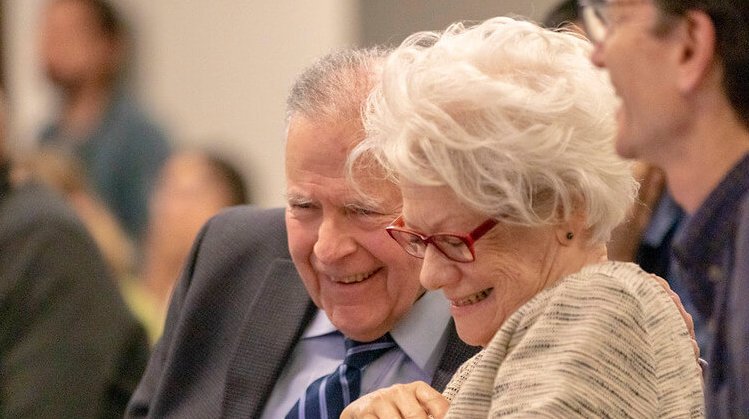
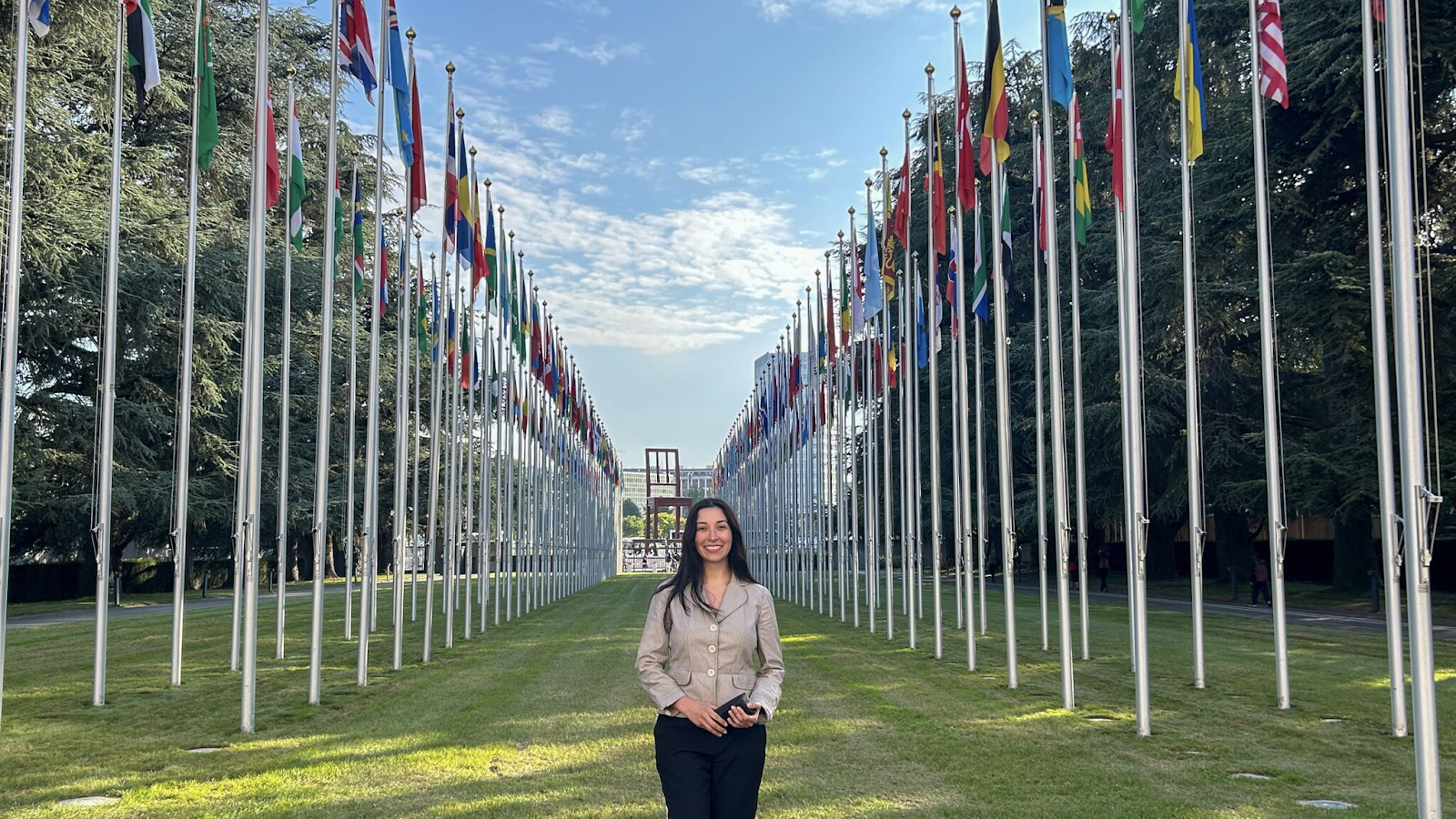
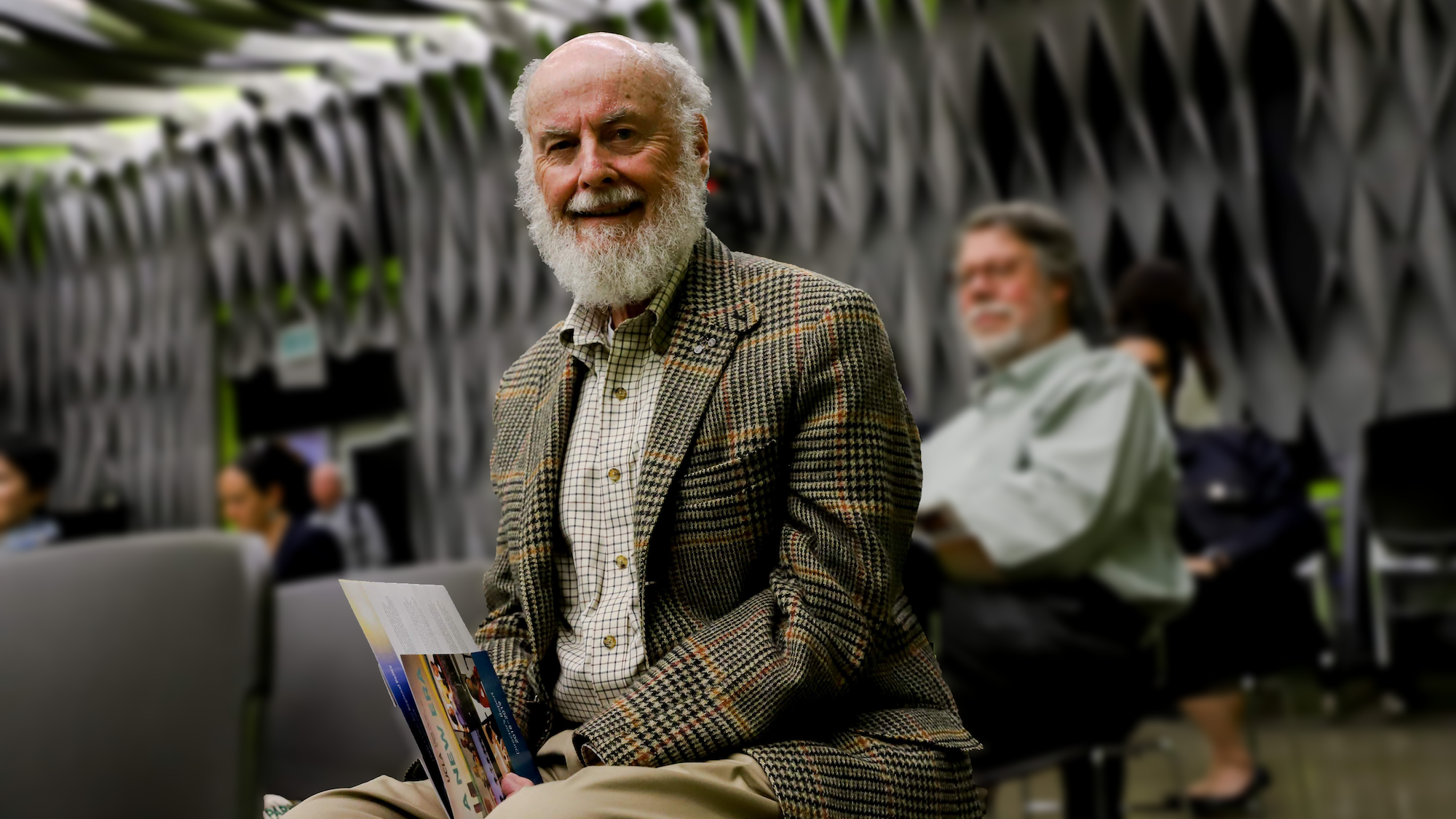



















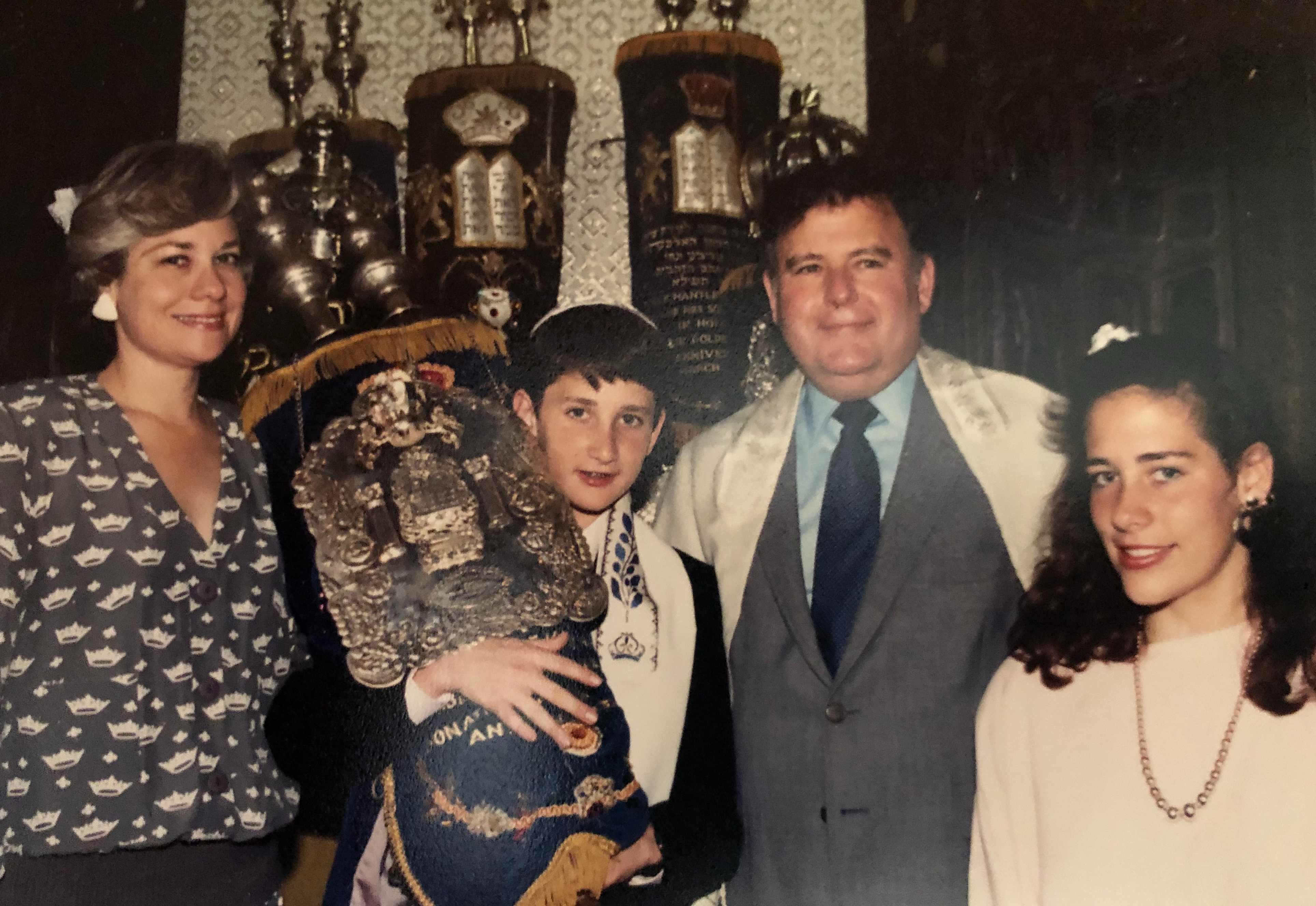





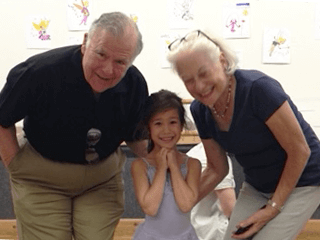
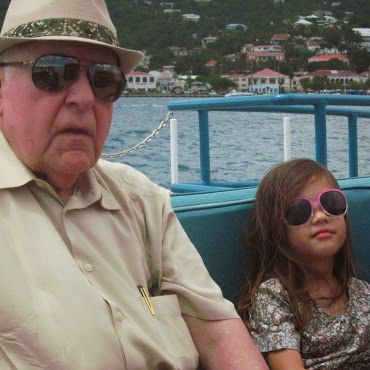
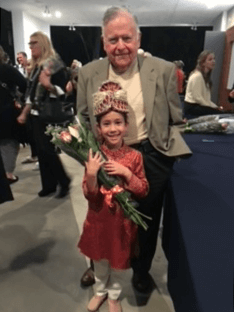
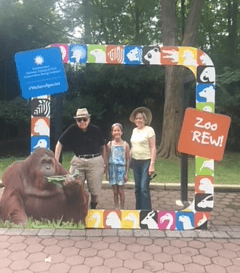

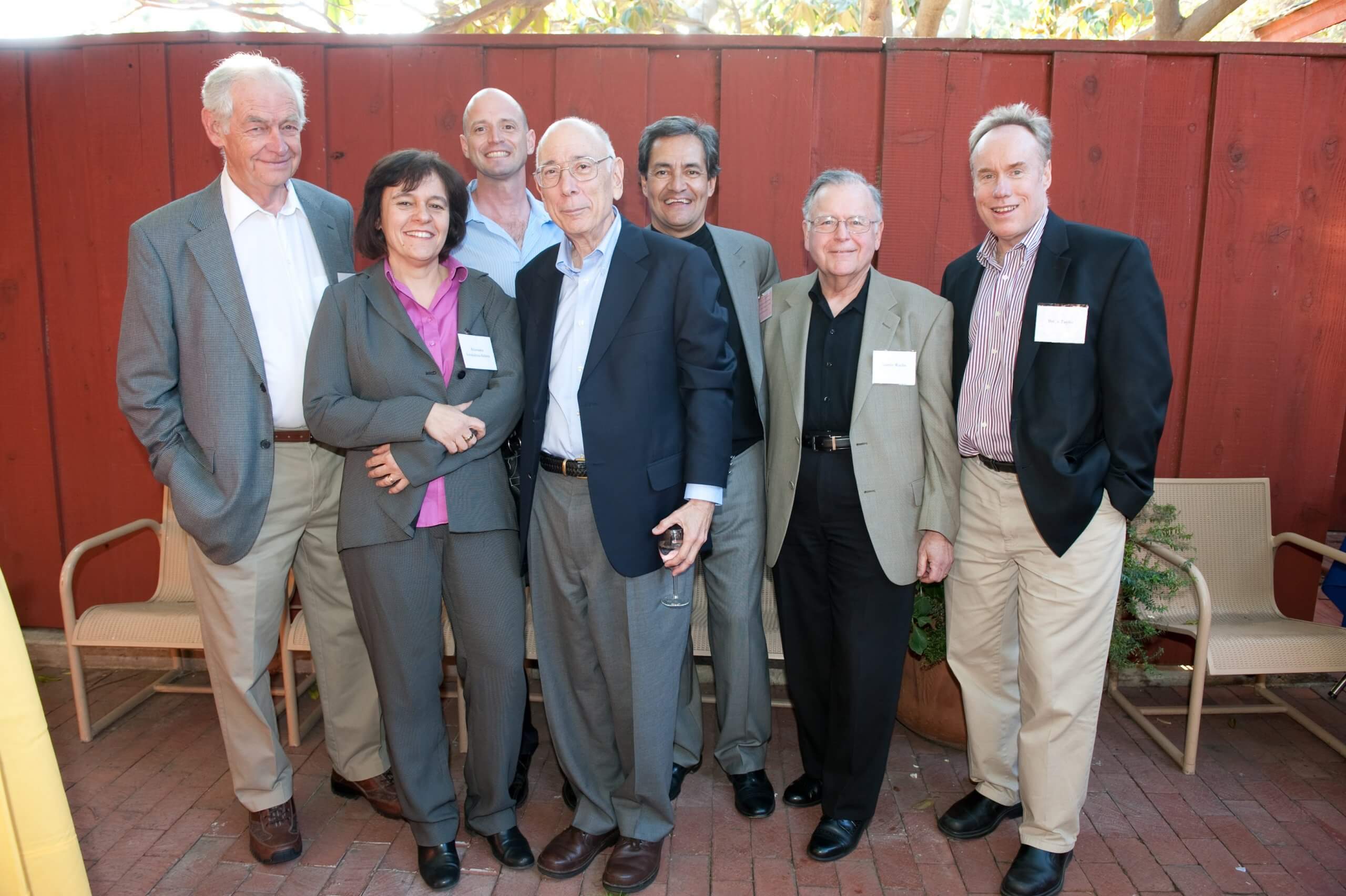
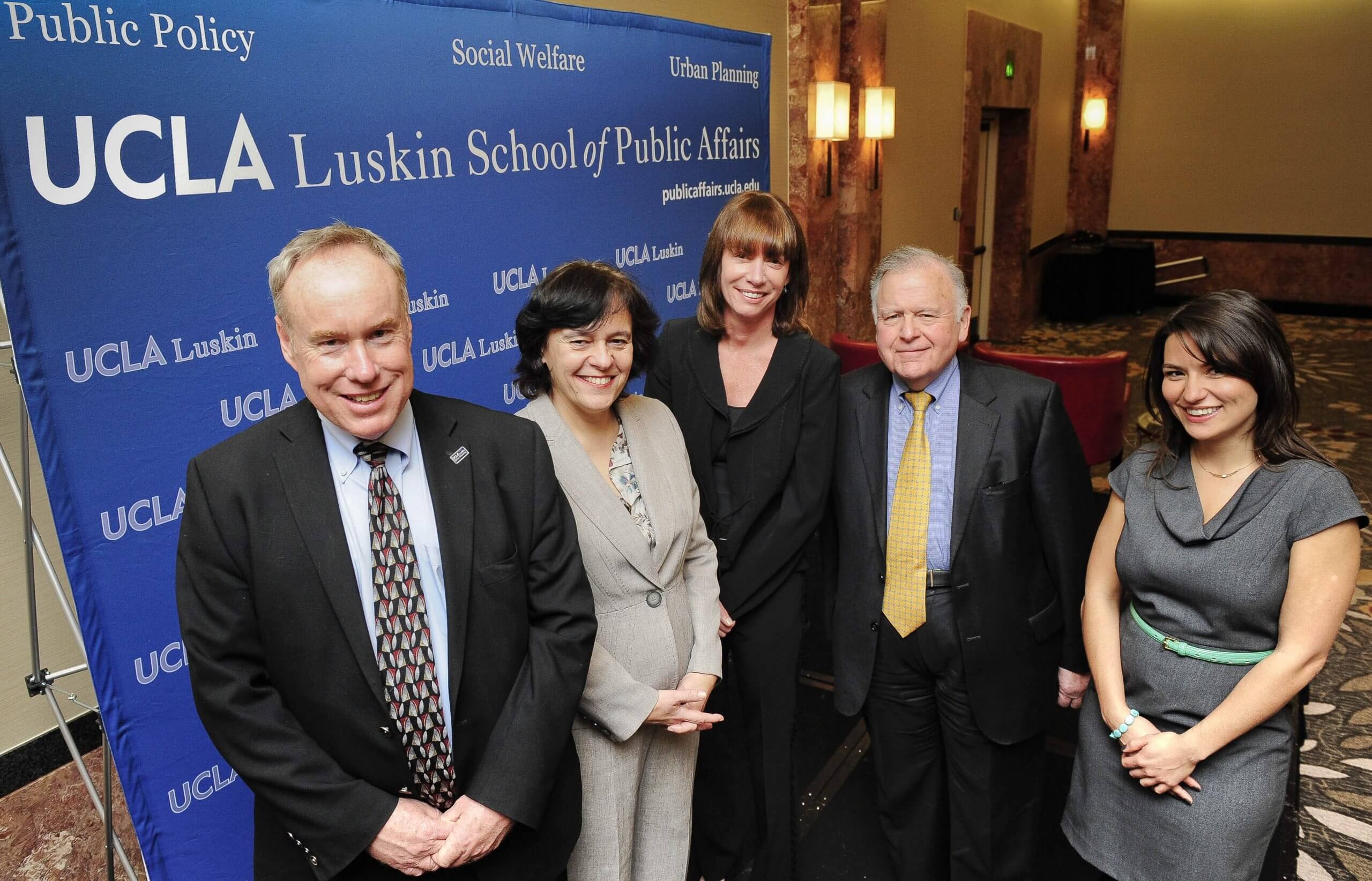

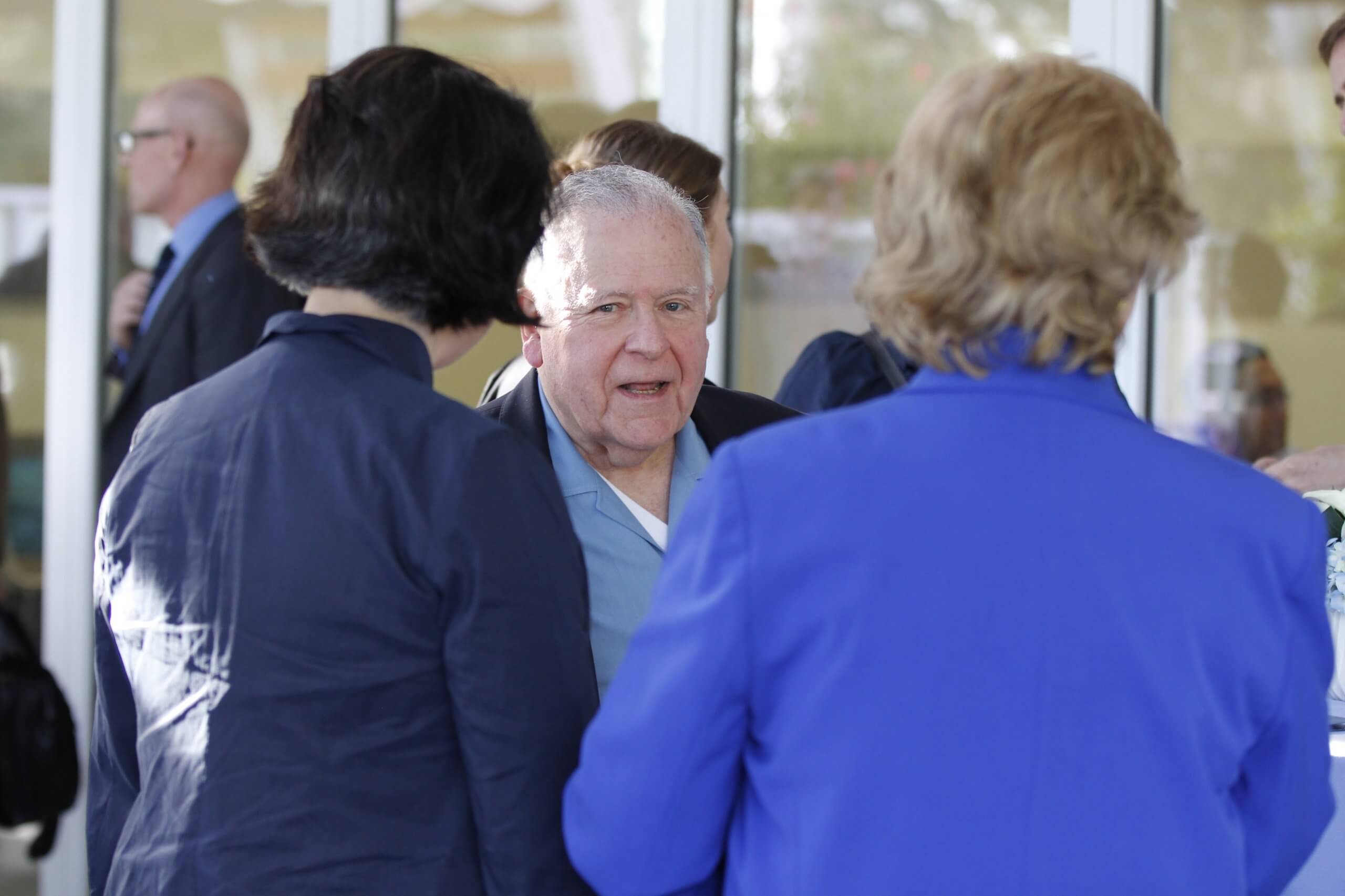
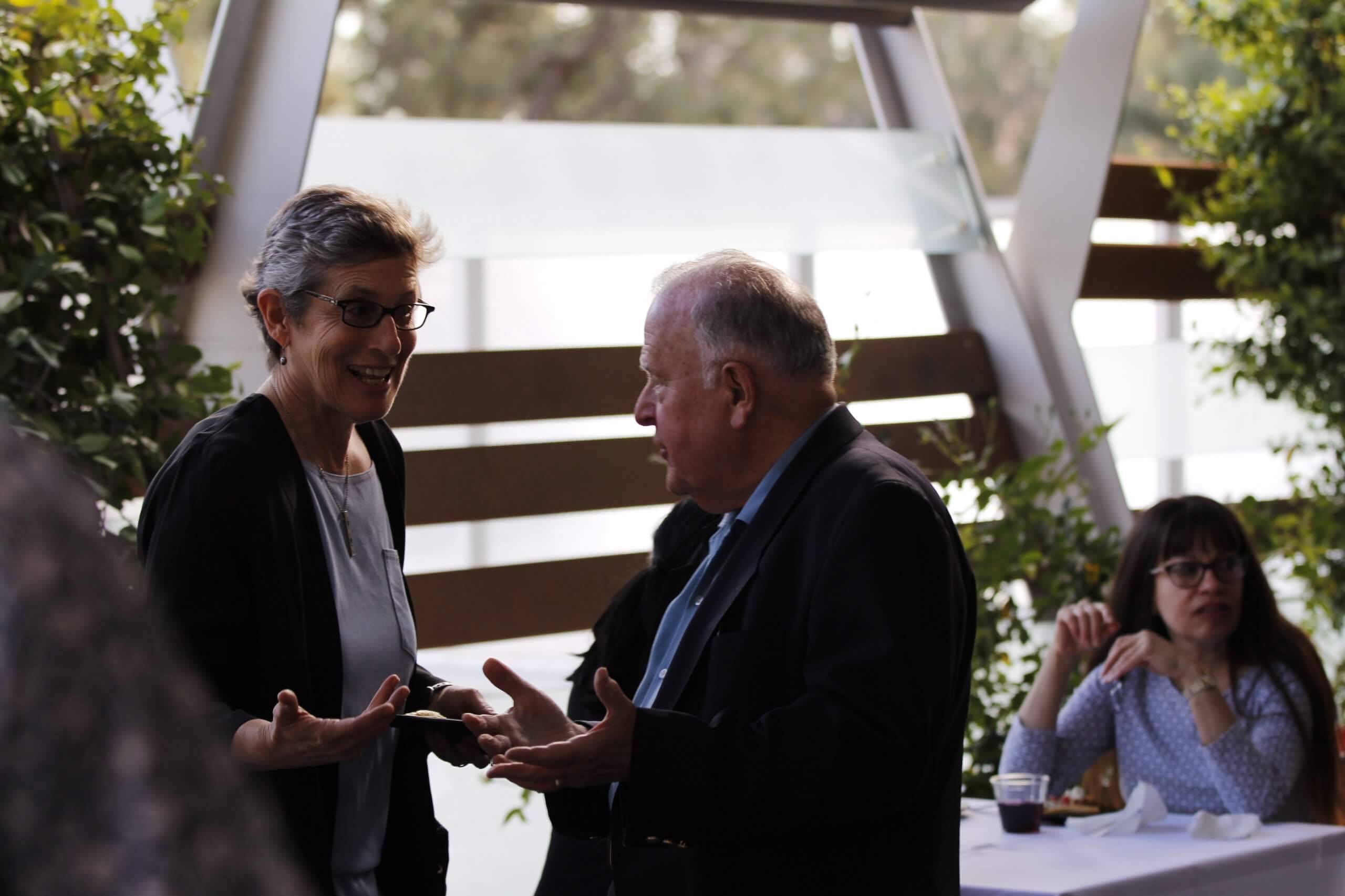
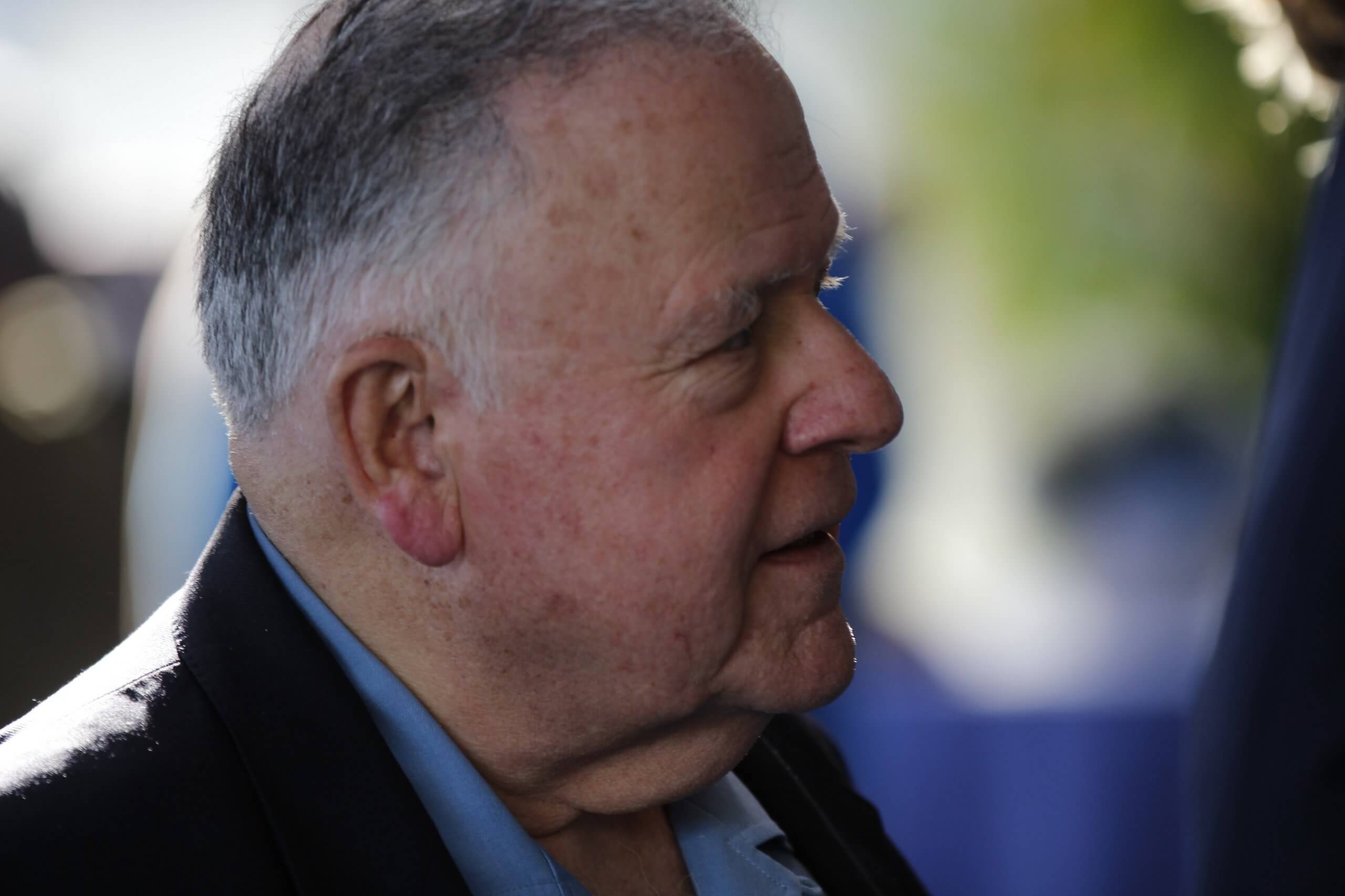
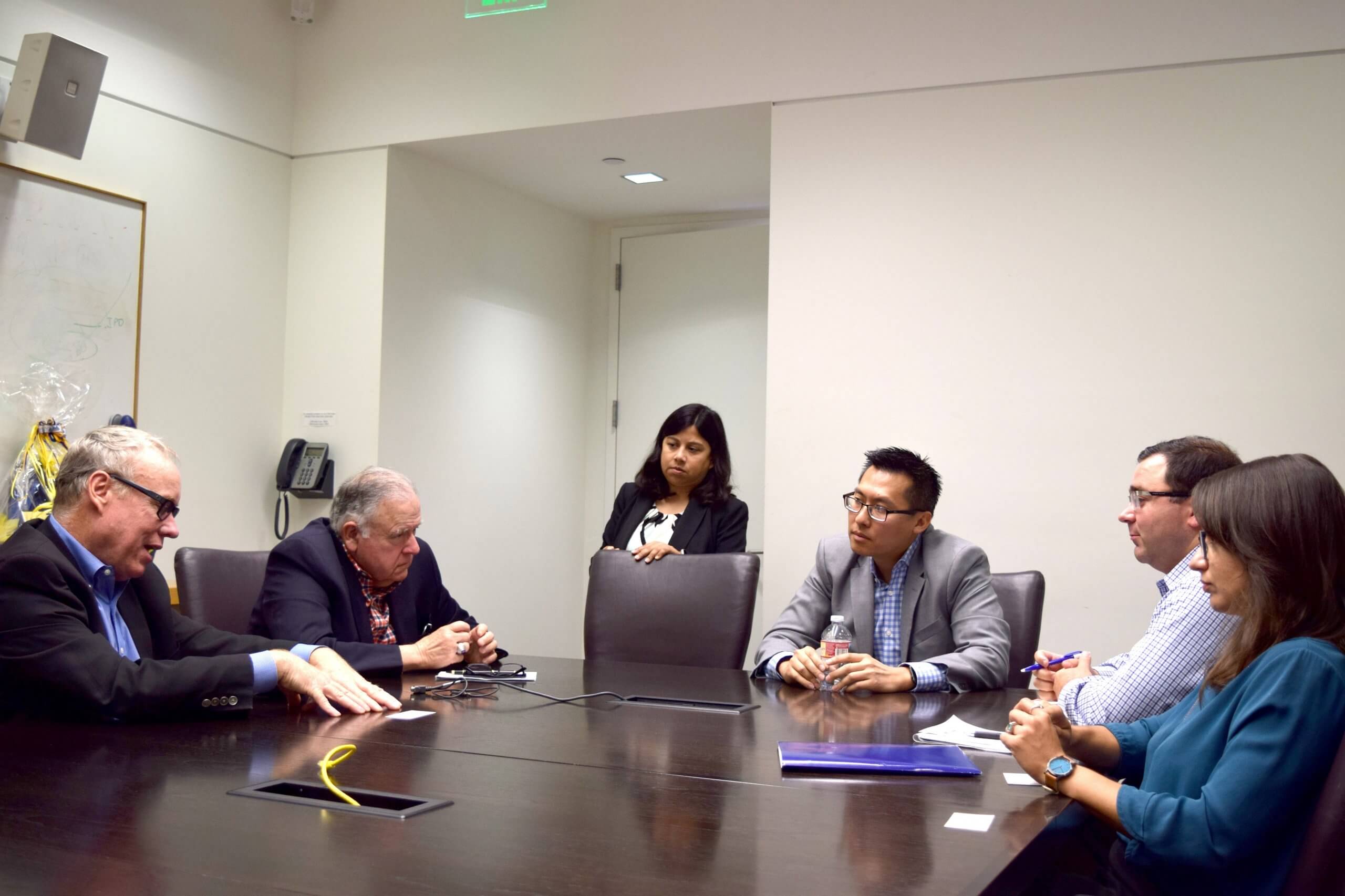
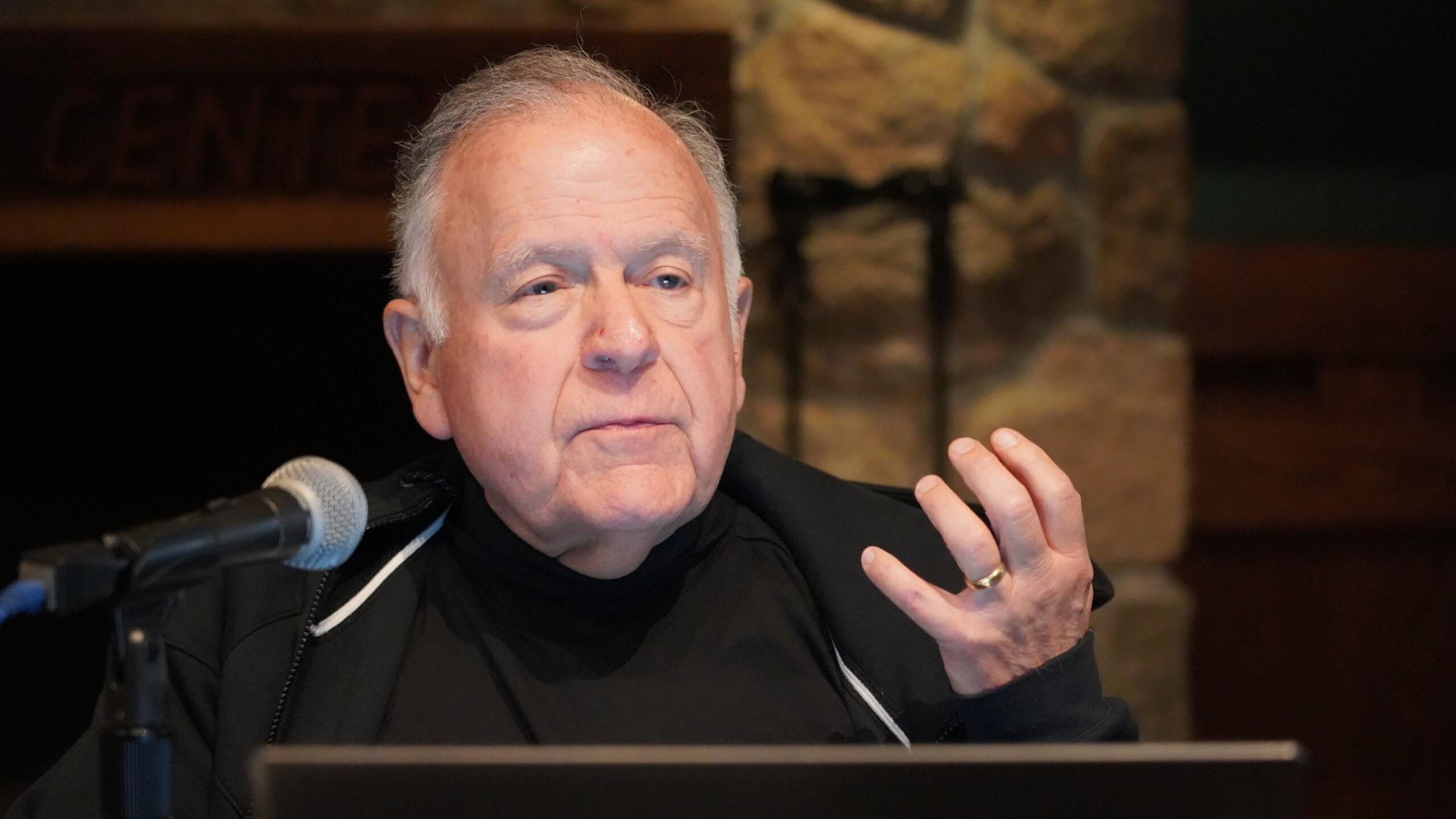
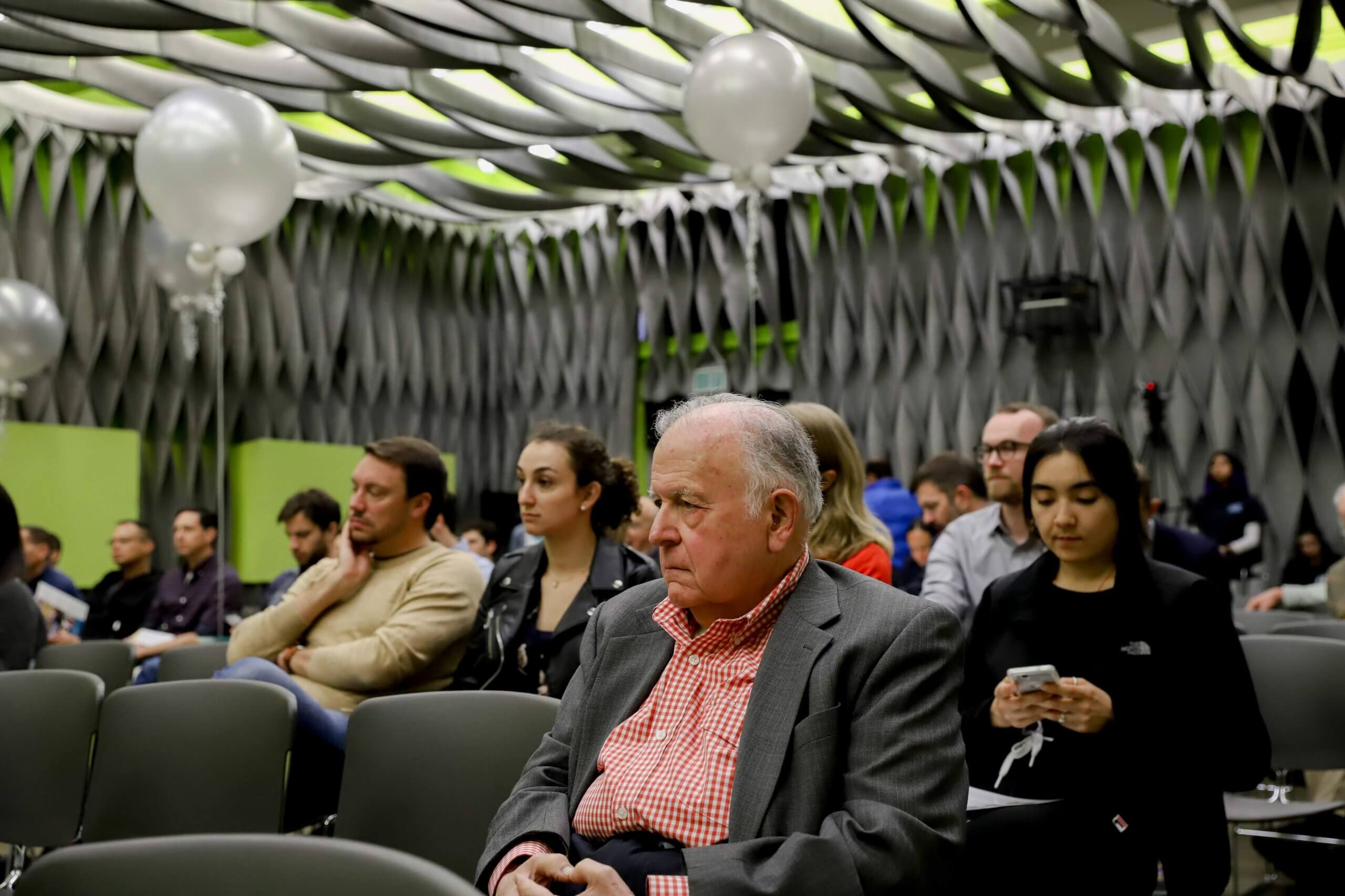
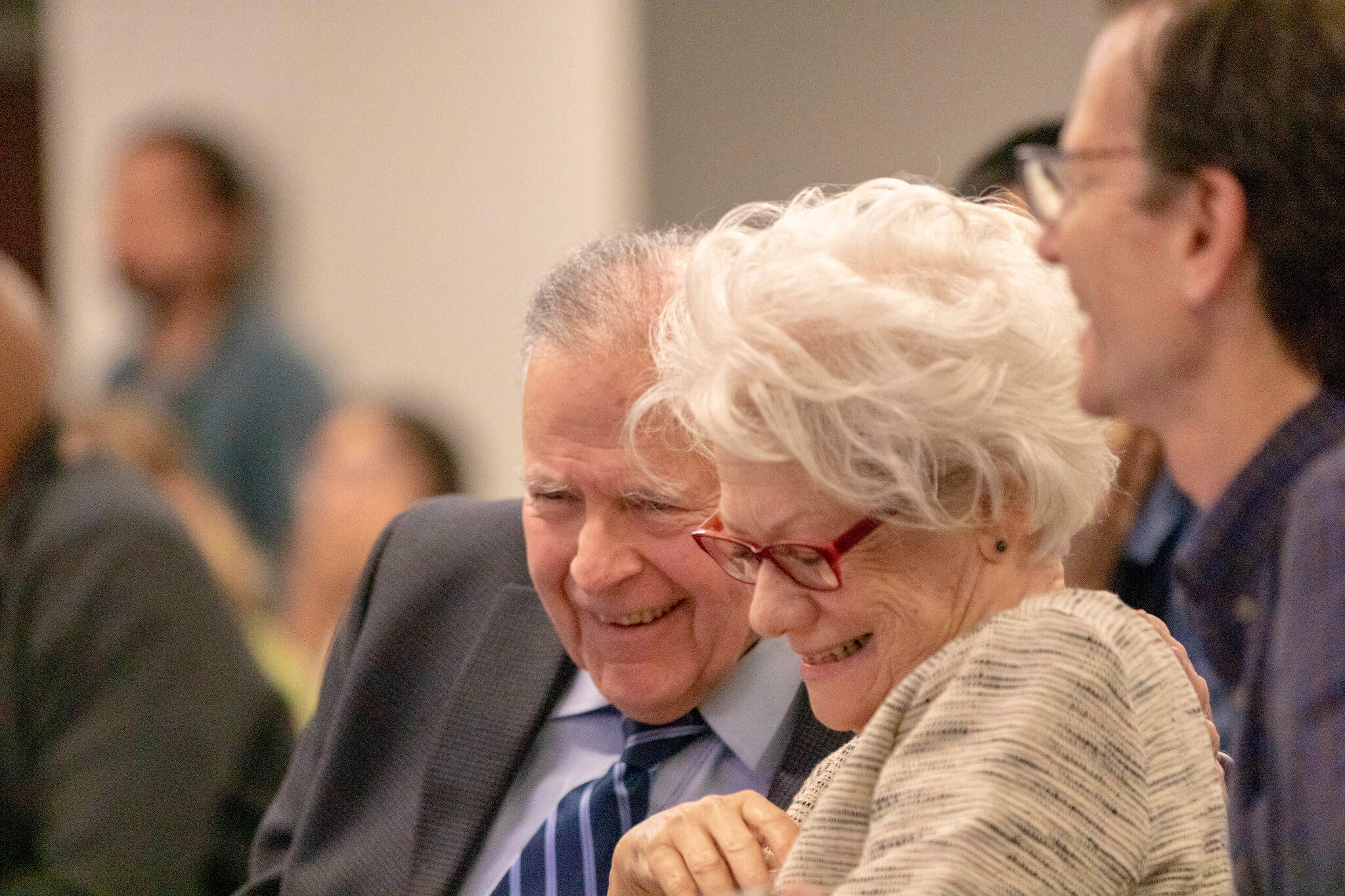
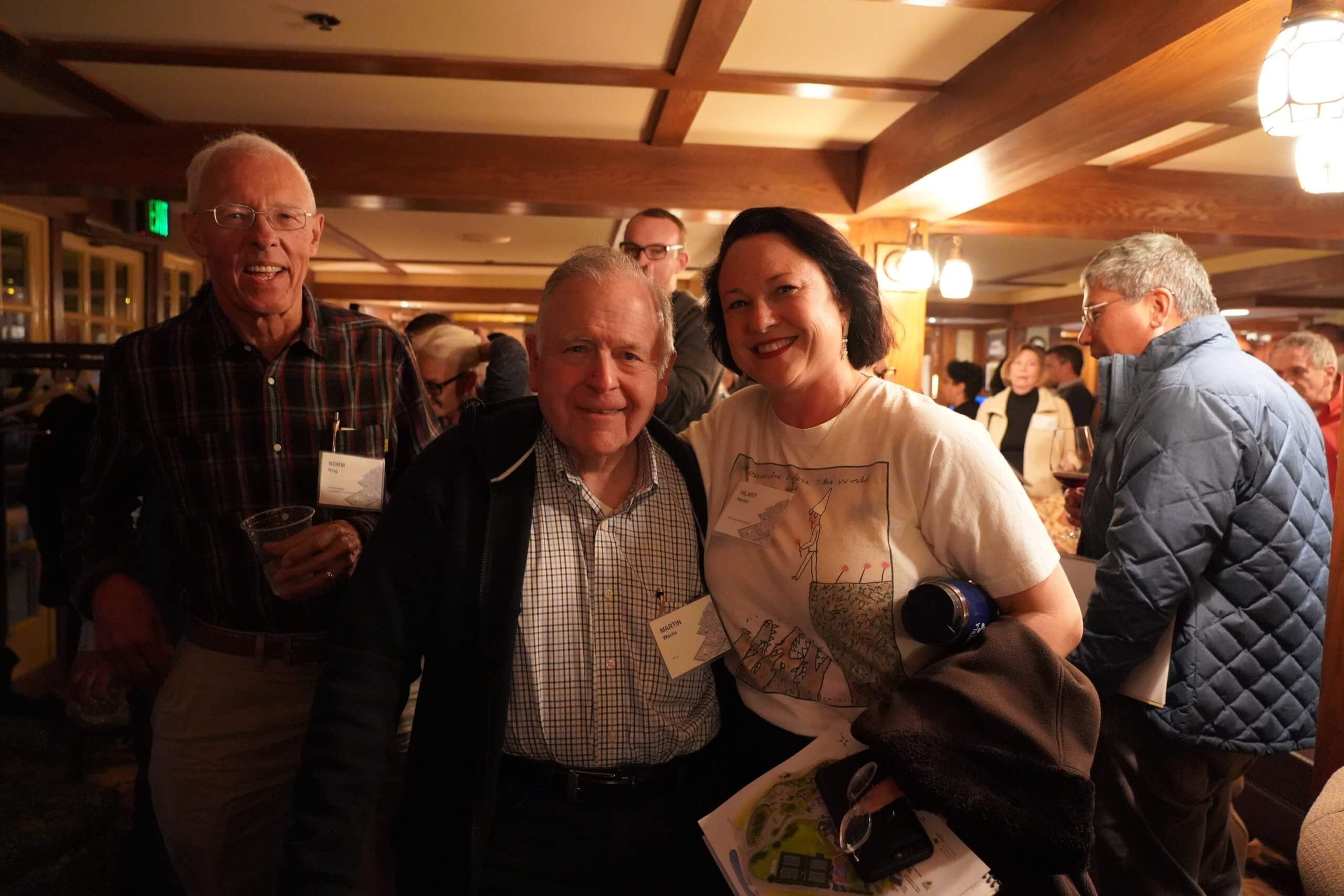
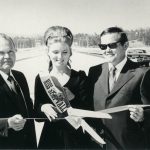



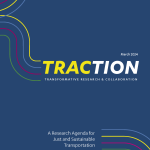
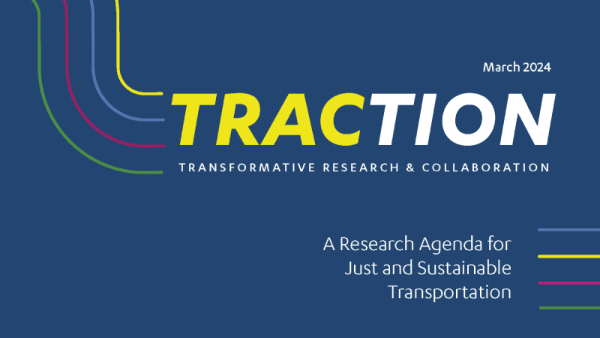
For better than three decades, Marty Wachs has been my role model of what a college professor should be: Curious, critical (thinker), conscientious, caring, and compassionate. While I regularly fall short of the high standards set by Marty, I will continue to be inspired by him.
Marty was an enormously important transportation scholar, a gifted teacher, and an accomplished leader, but it was his fundamental quality of being a profoundly good person that made him such a great man. I was fortunate to study with Marty, to collaborate with him on research projects and classes, and to eventually call him a dear friend. The lives and careers he has positively influenced, including my own, borders on the extraordinary. Sadly, our world, and our corner of the academy, is now an emptier place without him.
Marty’s work was “required reading” for planning students at USC when I attended, and his work on ethics in planning is how I first heard his name. Little did I know that I’d have the great privilege to work with him years later on two major projects at RAND–one on traffic congestion in Los Angeles and another on coordinating habitat conservation initiatives with transportation plans. Fond memories with Marty included project meetings, carpooling to meet clients and stakeholders, and a day-long tour of the public transportation system in L.A. (he led a sort of back-stage tour for our research team providing his unique insights along the way…I think we were all exhausted by the end of the day, but he seemed only to be getting started!) Now, I realize that my years working with Marty were among my fondest over 20 years at RAND. But my favorite memory was years later, by chance, finding myself seated next to him at Pauley Pavilion for a home basketball game watching our beloved Bruins and catching up on various things. For such a towering figure in his field, he sure made colleagues and students feel good about themselves in all aspects of their lives, and where we struggled with challenging problems he always seemed to help us find our way. I knew I was such a tiny part of his unfathomably large career and personal and professional network, but even as student and junior researcher I never felt that way around him. A moment with Marty was always empowering, elevating; he gave you his full attention, and generally with that smile. His example as a scholar, teacher, leader and person will be remembered by so many and I hope we can all be more like him in our work and in our personal lives.
The other day I was hit on the head when I learned about the passing of Marty while reading the TRB Newsletter. The transportation and civil engineering community has just lost one of its great pillars.
Marty was a bold and courageous teacher and leader but he also was humble, approachable, and a true gentleman who always had a smile on his face. He was a mellow fellow, just a nice and decent human being. You just feel at ease talking to him. He was the kind of teddy bear guy you wanna hug when you see his face. One thing I admired about him is that he was very friendly and extremely polite with everyone but not a salesman or a politician. He knew when to take a firm stand too.
I worked with him as the Caltrans researcher and resident research representative at the California PATH Program when he was the ITS director at UC Berkeley. I had the honor of being associated with him as professional advisor, supervising theses for some of his graduate students at UC Berkeley. Working with Marty was a unique opportunity to learn from one of the best and the brightest academicians in our profession. He also made it a total and complete pleasure for us to work with him.
The first time I really missed him was when he left UC Berkeley ITS to work at the RAND Corporation. Now I miss him much more profoundly.
Marty will be sorely missed! My warm condolences to his wife, Mrs. Wachs, and his entire family.
To my understanding, Marty was a man of faith. So he is now in the wonderful company of, and under the tender compassion of God – Yahweh, Elohim, Allah, the Almighty, the Beneficent, the Merciful. It’s a better place and better company than one can ever have on this earth.
Mohamed AlKadri
Marty was one of the first faculty whom I met in 1981 when I started the doctoral program at the old ‘GSAUP’, studying international regional planning with John and Ed. Although our fields were very different, I had the opportunity to get to know Marty through the many convivial gatherings that shaped the life of the School in the 1980s. We became reacquainted as hallway colleagues in recent years on the 5th floor of the Luskin School. We had many ‘old time’ chats, particularly about Ed, and the changes in the profession over the decades. Besides his affection for the Dodgers, what I can picture so clearly is his open door for students and his voice drifting along the hall during these meetings. The recollections that were shared from so many perspectives and experiences about his generous spirit, his collaborative approach with his students, and his well rounded life are so well summarized in the words of Micah: do justice, love mercy, walk humbly.
I met Marty Wachs in UP 208A Fall 2016 as a brand spanking new doctoral student in Urban Planning at UCLA. He came to present in our research colloquium course, where we were a small though strong cohort. Looking back, I appreciate his candor about what it means to go through the PhD program. I was not mentored or did not work with him, but I see the legacy of mentorship he built among the doctoral students I currently know and associate with, and I also see it in the cadre of scholars and practitioners who have worked with him. Blessings and prayers to his family and all who Marty touched. Until we meet again.
All of us in the air quality/transportation/environment community were greatly shocked and saddened to learn of Marty’s passing. I first became acquainted with Mary while working for the US EPA and dealing with a very controversial air quality proposed plan to address the continued exceedances in Southern California of the air quality health standards in 1991. With his, and Leroy Graymer’s, support, a conference was established at Lake Arrowhead to brainstorm on political and technical solutions. Nearly 30 years forward, that important UCLA symposium continues! My staff at EPA created a transportation/air quality position to address these issues, and whenever I needed a new member, Marty Wachs and UCLA was the “go-to” place to recruit. Jennifer Dills, whom commented earlier, was an example of the excellent staff we obtained from Marty.
Condolences to Marty’s family on this great loss to academia.
I am deeply shocked and saddened at the passing away of Professor Marty Wachs. My only formal engagement with Marty was that he co-taught our transportation policy course. My interaction with him was far more than would be with a professor of a large class and I attribute this to the way in which he related to everyone personally. From asking about my injury to emailing the name of a contact who could help in my job search, he was truly a lot more than a professor of a single class.
Marty was the culmination of a kind and caring person and of decades of passion and inspiration for the field of transportation. I heard him last at the Interstate Transit Research Symposium: same brilliant delivery, and same thorough analysis; a perfect gentleman as well, thanking professors from whom he borrowed his slides.
It also feels strange now to think what a great loss it felt like when Marty left his position at UC Berkeley to join Rand Corporation. He was always quick to respond to emails and continued to interact with all of us, as he always had. I last met him in person at the 2019 Martin Wachs Distinguished lecture. He looked frail but was still his kind and gentle self, enquiring after everyone. He is truly a role model that one can only aspire to be.
I keep thinking about Marty. Here’s story in his honor.
Marty inspired me to study lying in planning and decision-making for big projects. Today, the study of lying is commonplace, due to a certain American president. Back then, it was an esoteric subject. Marty had written an early and influential commentary on the issue called “When Planners Lie with Numbers.” I decided to take the research further with a larger dataset and published my first results with my team in 2002, titled “Underestimating Costs in Public Works Projects: Error or Lie?” Soon I was invited to lecture on the issue.
Then something happened, which I’d never experienced before in 20 years of lecturing: During the first few presentations I would hear hisses, boos, and other catcalls from parts of the audience when I used the word “lying” to describe the behavior of planners and project promotors. I don’t think I ever directly called planners and promotors “liars” in my presentations, even if my research, and that of Marty and others, would formally have justified this use of language. I wanted to demonstrate a degree of restraint. It obviously didn’t work and the audiences’ reaction troubled me.
I returned to Marty for advice, as often when in difficulty. “You got me into this,” I explained, “can you please help get me out again?”
Marty didn’t think twice. “Here’s what I recommend,” he said. “Next time you give your lecture, do it exactly like before, except use the word ‘strategic misrepresentation’ in all places where before you said ‘lying.’ Then let me know what happened.”
I did as Marty said and, as if by magic, my problem was gone. And not only that. Many in the audience would nod approvingly, as if the term “strategic misrepresentation” described a sophisticated technical skill that required high-level competence, which they, as experts, possessed. Many open and fruitful discussions followed, now that we had an acceptable language for communicating. The discussions included many outright confessions of strategic misrepresentations done by participants or by employers they had worked for, giving me a rich material for further work, which I shared with Marty and which he generously commented on.
By the time I had the honor of giving the 1st Annual Martin Wachs Distinguished Lecture in Transportation at the University of California, Berkeley — in October 2006, with Marty present — I had the language down and no one hissed or booed. I even got a good laugh from the audience when I included the above anecdote to illustrate what “strategic misrepresentation” really is, despite its suave technical appellation: lying, like Marty had taught me.
The commentary “When Planners Lie with Numbers” that Marty Wachs wrote that influenced Bent Flyvbjerg has also influenced me ever since I heard Marty present remarks verbally on some of the thinking along those lines . I recall that briefing from him was in a dinner or lunch speech he gave at the TMIP Conference in Williamsburg, Virginia in October, 1996. There is documentation that he was at that event in archives.org but no evidence on line that he went over his thinking on the use and misuse of numbers, a topic I have had to deal with throughout my life. Maybe somebody else who was there remembers what I think I remember. In any event, Marty posted his written commentary about planners lying as it was printed in the Autumn 1989 APA Journal at https://www.researchgate.net/publication/235360557_When_Planners_Lie_with_Numbers. This short essay is just one of the many gifts he left to the transportation field in addition to the personal gifts he provided to me in his lifetime answering calls and emails I had sent to him when I knew he knew something I would want to hear about from him. RIP Marty Wachs, and I’m so sad and sorry he left so soon…condolences to his family, his many friends, and close colleagues.
This is classic Marty Wachs – combining intellectual honesty with brilliant diplomacy and unerring skill in understanding people.
Marty was an important early editor of “Transportation” (1970-77), where he helped to establish the journal in its current role. He help it as an editorial advisory board member for the next 37 years. An exceptional stay of decisive advice, great reviewing and support. He took this role as serious as he took all his work, as he was aware that only the voluntary give and take can advance a topic, issue and profession. I and the other editors benefitted from his willingness to advise enormously.
His passing is a great loss for the field and the profession.
Marty’s dedication to students, teaching, and research are truly inspiring. I first met him when I came to UC Berkeley as a post-doctoral scholar. He has been a dedicated mentor and advisor to me throughout my career, leaving a notable impression. He has continued to inspire me with his depth and breadth of knowledge on so many topics. He always found time to support me in my research, teaching, and service—offering thoughtful and steadfast guidance. Up until his passing, he was actively providing valuable counsel on my latest research and role as Chair of the Transportation Research Board’s Executive Committee (a position he held two decades before me). My deepest sympathies go out to Helen and their family at this challenging time.